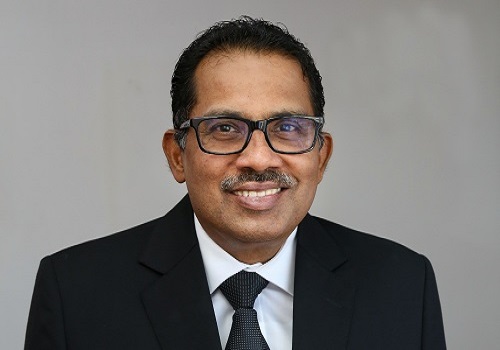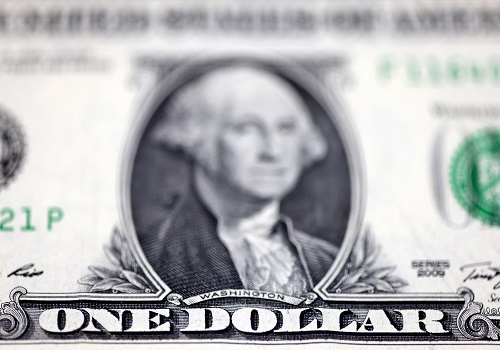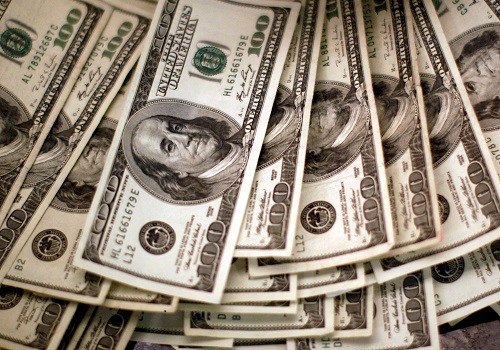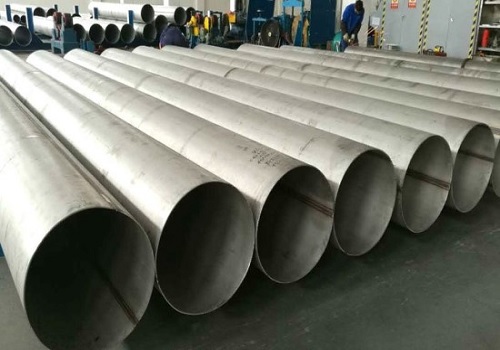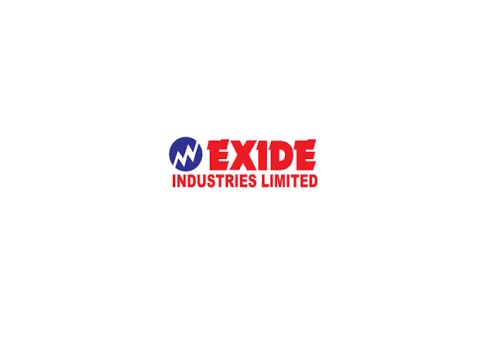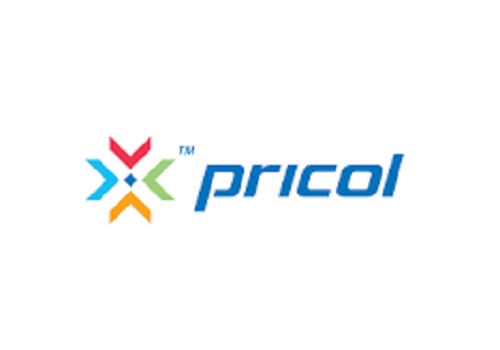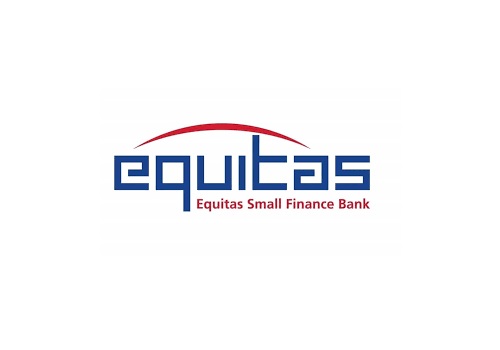Buy Triveni Turbine Ltd For Target Rs. 570 - Motilal Oswal Financial Services
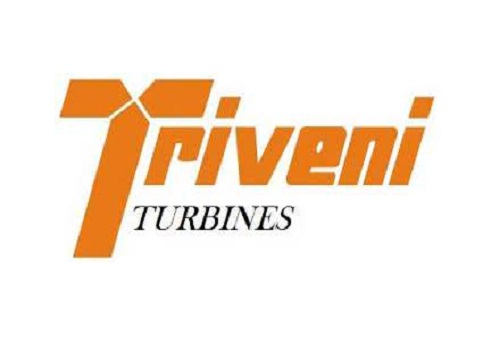
We recently interacted with the management of Triveni Turbine (TRIV) to understand the market potential and growth strategy of the company. TRIV is ideally positioned to capture the upswing in private capex cycle as well as growth in the renewables space in international markets. The domestic market, though weak in the last quarter, is likely to start improving post-elections. Order inflows have been growing steadily in international markets for TRIV as well as for its competitors such as Siemens Energy, and Baker Hughes, indicating strong market potential. The company will continue to focus on increasing its share of exports and the aftermarket, while also concentrating on maintaining strong margins. We tweak our estimates by 2%/3% for FY25/26, and reiterate our BUY rating with a revised TP of INR570.
Ideally positioned to capture the upswing in private capex
We believe that TRIV is ideally positioned to capture growth in the turbine market, both domestically and internationally. The domestic turbine market stood at nearly 2GW in CY23, which is expected to grow 20% to 2.4GW in CY24. Within this market, TRIV has maintained its market share at 55-60% during the past decade. Though domestic order inflows were weak in 3QFY24, we expect the full-year domestic order inflows to report a 20% growth with an uptick likely from sectors such as cement, steel, fertilizers, etc. The global steam turbine market (below 100 MW) reached ~8.8 GW in CY22, where TRIV had a market share of 15-20% (ex-China and Japan where the company does not operate). Despite a declining market, the company was able to clock an order inflow CAGR of 58% over FY21-23, as it made significant progress in the aftermarket business. We expect the international inflows to post a much faster CAGR over FY23-26, due to the increasing focus on renewables and industrial applications
Domestic inflows to improve from the key sectors in the next few quarters
TRIV has a broad presence in various industries including sugar, distilleries, steel, cement, textiles, chemicals, oil & gas, pulp & paper, petrochemicals, fertilizers, solvent extraction, metals, palm oil, food processing, et al. The company’s domestic inflow growth in 3QFY24 was hit primarily by slower capex growth across sugar and distilleries and delays in finalizing orders from other industries. We, however, expect these inflows to ramp up in the coming quarters as capex increases across end-user industries. The company’s enquiry pipeline is already up 14% YoY on the product side. Going forward, we expect TRIV’s domestic inflows to clock a CAGR of ~21% over FY23-26
International inflows are led by aftermarket and spending on renewables
TRIV intends to strengthen its aftermarket presence by expanding into additional geographies. In the last fiscal, the company entered the South African market and secured a service contract of 600MW of utility turbines. It has now forayed into the US market by incorporating a wholly owned subsidiary, which will open up vast opportunities in the US and adjacent geographies. The subsidiary will cater to the installed base of turbines, mainly focusing on the aftermarket segment. Consolidation in the steam turbine industry is also leading to underservicing of customers, which in turn presents faster scaling-up potential for refurbishment services.
Competitive intensity is manageable in the turbine space
TRIV has market leadership in the domestic market and competes with Siemens, which is the second-largest player. The Indian market is primarily focused on small turbines, typically in the range of 0-30 MW. This market size is relatively small, making it less attractive for other players to enter. TRIV thus enjoys a leadership position domestically. The international market demand is higher for the 0-100 MW range. TRIV competes with Siemens, GE, Baker Hughes, Mitsubishi, etc. in the international markets. It also competes with local unorganized players in the aftermarket, where it is gradually gaining market share.
Our EBITDA margin estimates bake in the net impact of a higher share of exports and increased costs
TRIV generates nearly 2x margins in exports as compared to the domestic market. The margins are much higher in the aftermarket (highest in spares, mid-range in refurbishment, and low-range in services). We expect TRIV’s EBITDA margin to be 19.4%/19.6% for FY25/26, despite the higher share of exports. This takes into account the incremental costs related to the US market entry as well as a slightly lower margin on the service contracts of SADC. TRIV will incur both opex and capex for its entry into the US market, with more clarity expected by 4QFY24. The company’s margin is still lower than its peak levels of 23-24% in FY12 and FY13, as employee costs, travel costs, and localization costs have increased more than gross margin improvement during the same period.
We expect a strong 32% PAT CAGR during FY23-26
We expect TRIV’s revenue/EBITDA/PAT to clock a CAGR of 32%/34%/32% over FY23- 26. Backed by a comfortable negative working capital cycle, strong margins, and low capex requirements, we expect its OCF and FCF to report a CAGR of 40% and 47% over the same period, respectively.
Valuation and view
The stock is currently trading at 46x/35x FY25E/26E P/E. We maintain our BUY rating on TRIV with a revised TP of INR570. We slightly tweak our estimates to reflect the improvement in domestic ordering activity, led by the expected revival of private capex. Key risks to our recommendation would arise from the slower-than-expected order inflow growth, lower-than-expected margins, and a slowdown in global geographies.
For More Motilal Oswal Securities Ltd Disclaimer http://www.motilaloswal.com/MOSLdisclaimer/disclaimer.html
SEBI Registration number is INH000000412




